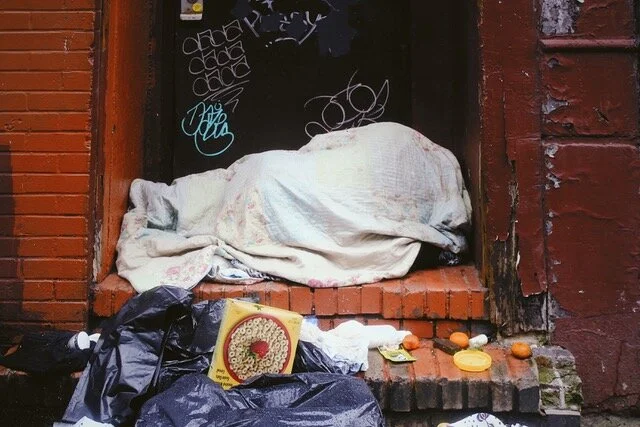In March 2021, a gunman opened fire on three massage parlors in Atlanta, Georgia, killing eight people. Six of the victims were Asian women. In the shooting’s aftermath, many of us found ourselves wondering whether the women he killed were prostitutes or victims of sex trafficking. But when we find ourselves wondering whether victims of violence were involved in sex work, we should ask ourselves why. If the women he murdered gave one type of massage over another, would that make them less deserving of our sympathy? What if they were sex workers, but not by choice? If they weren’t sex workers, would we feel bad that the media portrayed them as such?
The Right to Bear 3D-Printed Firearms
However, unknown to the travelers, there are two individuals not trying to catch a train, but rather trying to smuggle a 3D-printed firearm through security. They are two reporters from The Mail on Sunday, and in an effort to bring awareness to the dangers of 3D-printed firearms, they downloaded the Liberator blueprints online, bought a 3D-printer, printed the 16-part pistol, purchased a common nail you would find at a hardware store to act as the firing pin, and successfully smuggled the pistol parts onto a crowded Eurostar heading to Paris.
A Crime with No Punishment? Domestic Terrorism in the United States
When Criminal Charges Equal Homelessness
According to the National Inventory of Collateral Consequences of Conviction, there are an astonishing 44,778 collateral consequences stemming from criminal convictions. The ubiquity of these consequences mean that a guilty plea rarely involves only probation or a prison sentence; a guilty plea often affects voting rights, employment, housing, public assistance, and citizenship. In the context of sex offenses, a criminal charge and subsequent guilty plea can bar individuals from public and private housing, bar them from homeless shelters, and prohibit them from living in many communities.
Making Defendants Pay For Ankle Bracelets Is The Functional Equivalent of Cash Bail
The United States criminal justice system currently holds “almost 2.3 million people.” Out of the 2.3 million people incarcerated, 612,100 are held in state jails. Out of those 612,000 inmates, 462,000 have not been convicted of any crime. Shockingly, only 24% of those being held in state jails have actually been convicted of a crime. Statistically, over “74% of people held by jails [have not been] convicted of any crime” and are being held in pre-trial detention.






